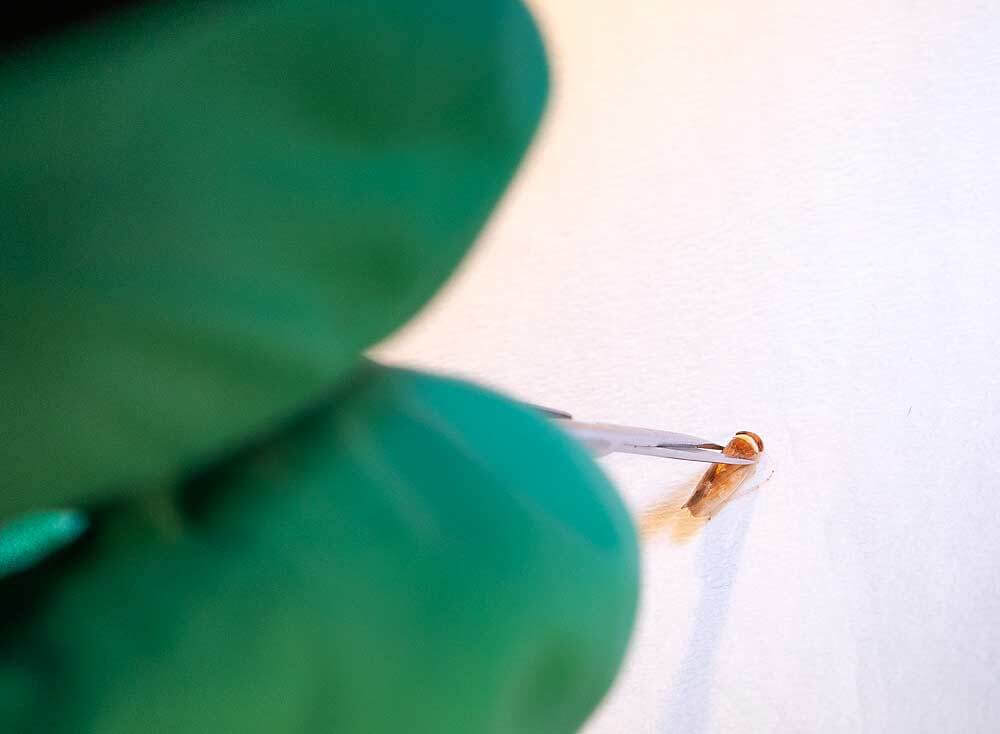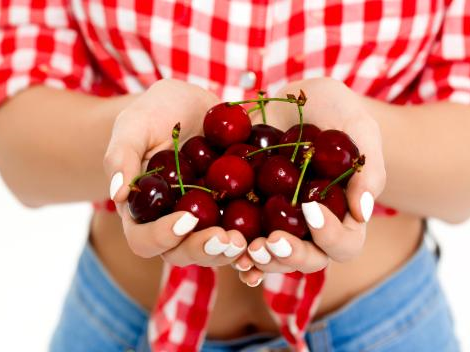Sour cherry production in the provinces of Afyonkarahisar and Konya in Turkey represents a significant resource for the national fruit-growing sector, accounting for 33% of total production and 44% of cultivated areas. A recent study analyzed the economic structure of this cultivation, assessing production costs, profits, and profitability indicators to better understand the sector’s economic dynamics.
Data collected from 138 farms show that the average gross production value per hectare is approximately €9,998, with variations between €9,339 and €11,082 depending on the farm group analyzed. Production costs average €6,220 per farm, with a distribution of 41.13% in variable costs and 58.87% in fixed costs.
Among variable costs, the most significant is temporary labor (37.63%), followed by marketing costs (25.57%), irrigation (11.80%), and machinery rental (11.78%). In general, the most relevant factor, namely temporary labor costs, ranged between 28.42% and 46.13% among the farms analyzed. Regarding fixed costs, the most significant is permanent family labor, accounting for 47.10% of the total (ranging between 36.38% and 62.23% among the farms analyzed).
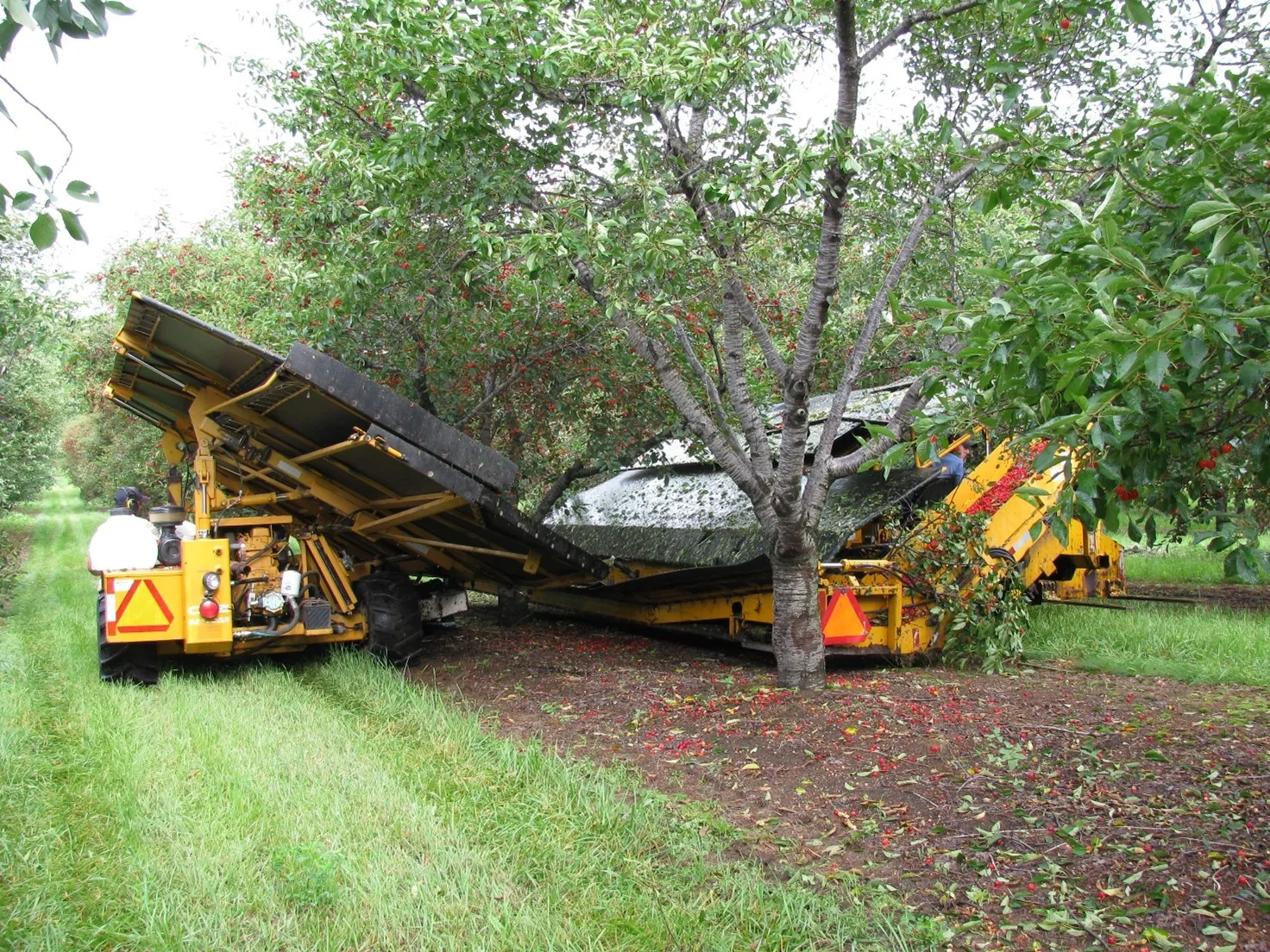 Image 1: Mechanised sour cherry harvesting.
Image 1: Mechanised sour cherry harvesting.
The average gross profit per hectare is estimated at €7,338, while absolute profit stands at €3,561 per hectare. The average profitability index for farms is 1.56, indicating that for every €100 of production costs, a gross production value of €156 is generated. This value varies between 1.27 and 1.76 depending on farm size, with a clear advantage for larger farms.
Profitability analysis highlights that the average production cost per kilogram of sour cherries is €0.318, while the average selling price is €0.494, resulting in a profit margin of approximately €0.176/kg. Larger farms tend to achieve higher profit per unit area due to lower production costs, benefiting from economies of scale.
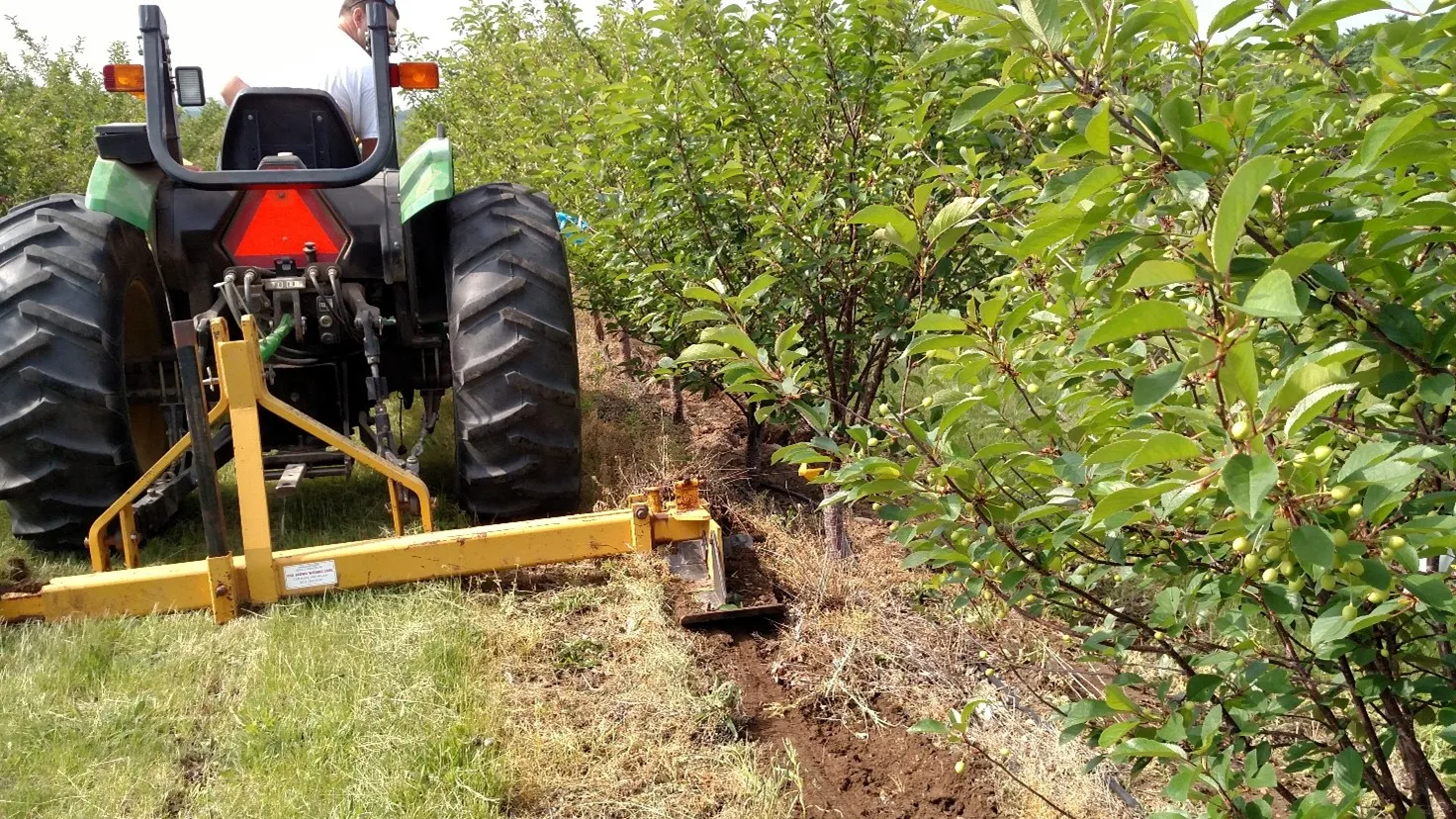 Image 2: Root cutting operation in a sour cherry plantation.
Image 2: Root cutting operation in a sour cherry plantation.
Despite the profitability of this cultivation, several factors limit the sector’s growth potential. Dependence on climatic conditions, reliance on traditional methods, and limited market opportunities affect the stability of farmers' incomes. To enhance the sector’s competitiveness, investments in technical training, the adoption of more efficient agricultural practices, and the strengthening of producer cooperatives would be beneficial.
Furthermore, increasing processing and packaging facilities could improve market conditions and promote more stable pricing for producers.
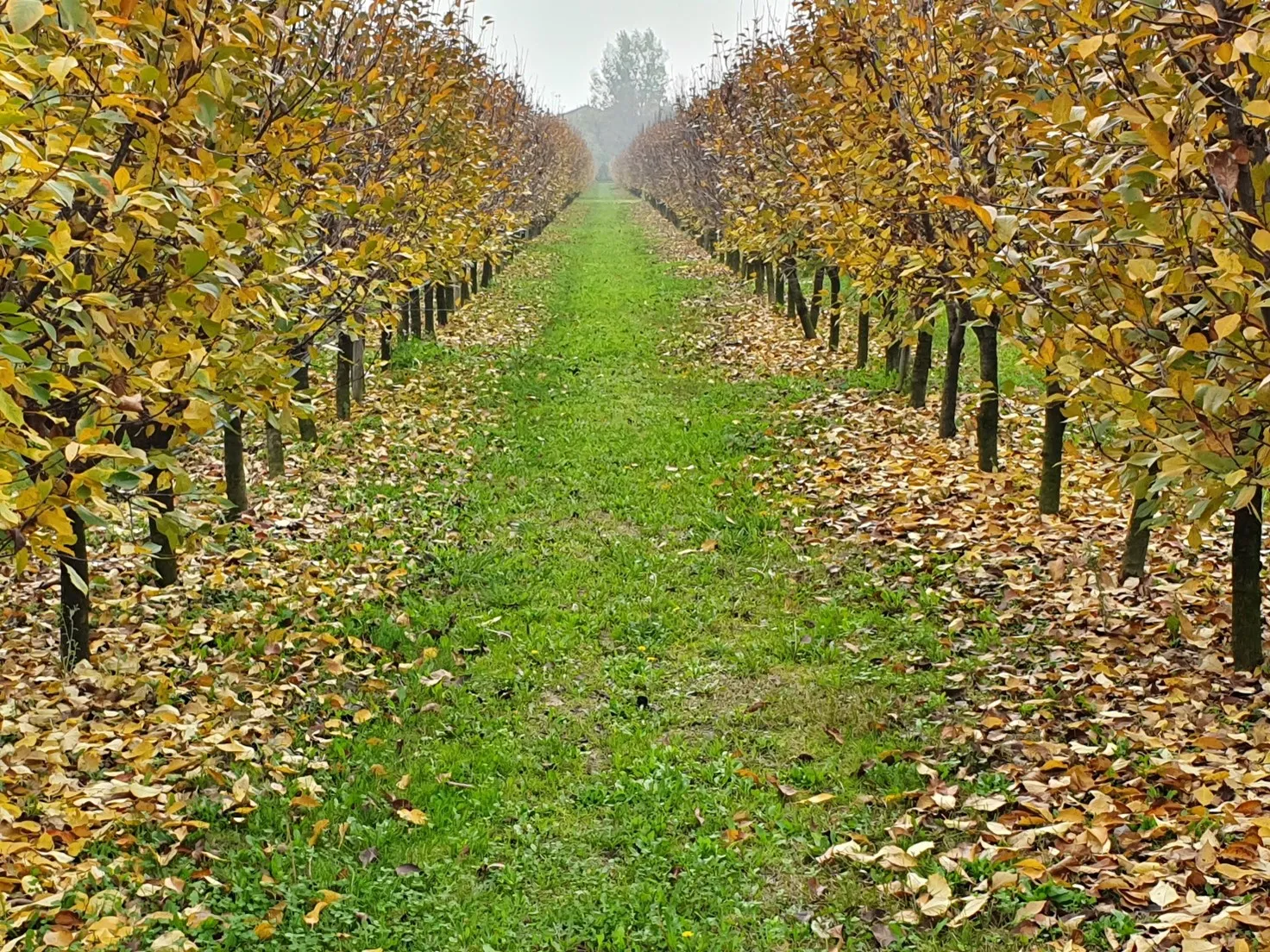 Image 3: High-intensity sour cherry planting.
Image 3: High-intensity sour cherry planting.
Labor costs significantly impact the profitability of sour cherry cultivation. The decline in the rural population and the aging workforce pose a challenge for the sector’s future, highlighting the need for structural policies that support innovation and generational renewal.
In conclusion, sour cherry production in Turkey is economically sustainable and represents an important source of income for many farms. However, to ensure long-term growth and higher profitability, it is essential to adopt strategies for improving production and marketing, thereby increasing the sector’s competitiveness at both national and international levels.
Source: Gül, M., Öktem Parlak, H. Production Cost and Profitability Indicators in Sour Cherry Farms in Türkiye: Afyonkarahisar and Konya Provinces. Applied Fruit Science 66, 2249–2257 (2024). https://doi.org/10.1007/s10341-024-01218-1.
Images: SL Fruit Service; Ron Perry.
Andrea Giovannini
University of Bologna (IT)
Cherry Times - All rights reserved








